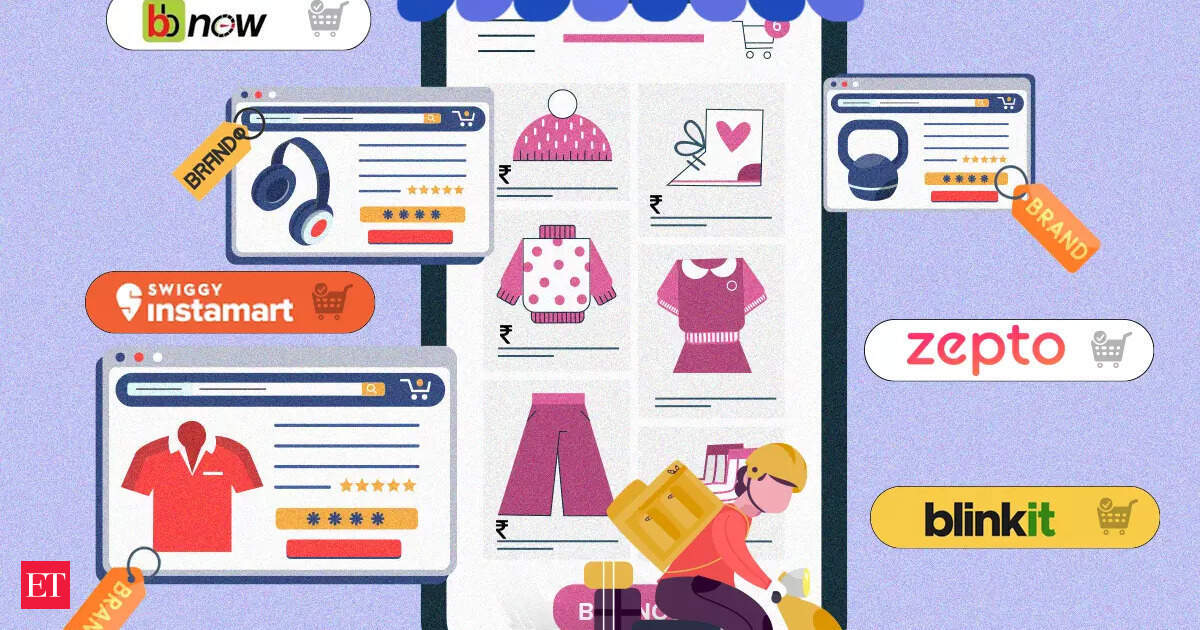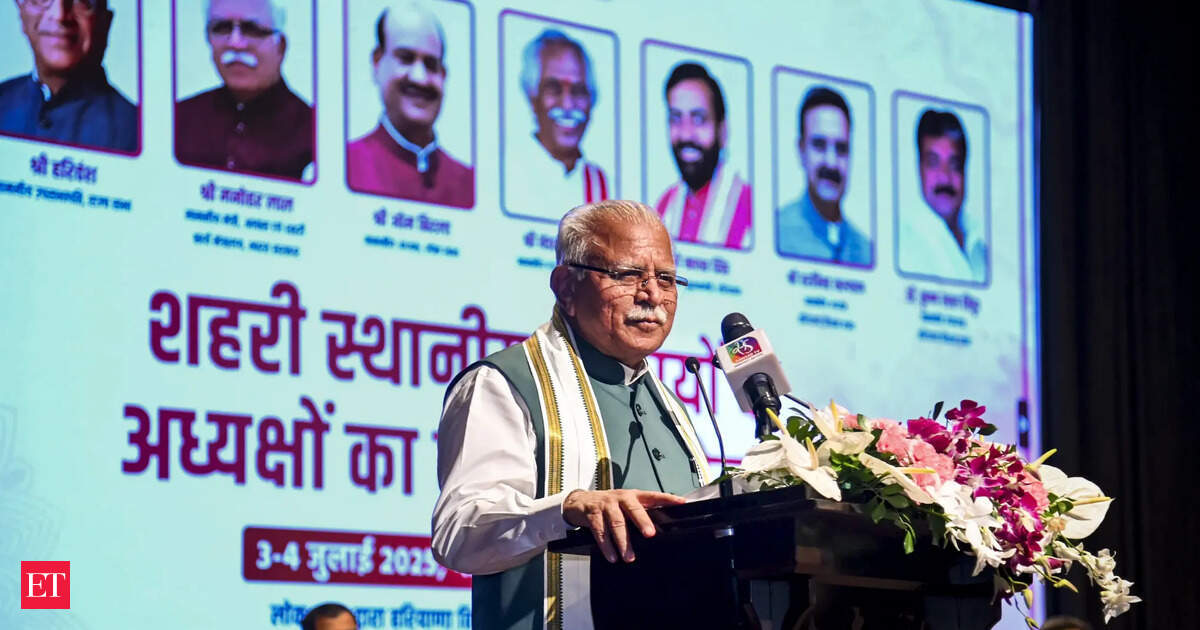The platforms are also redesigning storage spaces in their dark stores and writing to food companies to “ensure heightened compliance” on top of existing checks by their audit teams, industry executives said.
Dark stores are warehouses in neighbourhood stores that partner with quick-commerce platforms for instant delivery to customers’ doorsteps.
“We are keeping our dark stores open, so customers are free to visit any dark store anytime,” Tata Group-backed Bigbasket’s cofounder Vipul Parekh told ET. “Our customer service team will share the location with them and the customer can land up at any dark store and see for themselves.”

Bigger rivals Swiggy Instamart, Zomato-owned Blinkit and Zepto are stepping up leadership audits or surprise checks of dark stores, people aware of the developments said.
“These are unscheduled checks at the dark stores with a lot more frequency now, so that any lapses which may have been overlooked during routine audits can be fixed immediately,” a senior executive at one of the platforms said.
The developments come on the back of authorities such as the Food and Drug Administration (FDA) of Maharashtra and the Food Safety and Standards Authority of India (FSSAI) reporting lapses in hygiene and storage after surprise inspections and audits at dark stores that have proliferated across both metros and smaller markets.
Multiple packaged foods makers have also been raising concerns and writing to the platforms about hygiene and storage lapses at warehouses.
“We have walk-throughs in the dark stores,” said an executive at a large packaged foods company, requesting not to be identified. “While this has been a regular practice at some of the platforms for some time now, there is increased emphasis on hygiene.”
Blinkit and Zepto said they maintain strict compliance with FSSAI protocols and rigorous quality controls at the warehouses.
A Zepto spokesperson said the platform continuously strengthens its internal processes. “We conduct regular audits, staff training, and operational checks to ensure high hygiene and product freshness standards,” she added.
A Blinkit spokesperson said it does not dispatch “products with less than 30% of their shelf life, or under 45 days remaining, whichever is higher,” to consumers. “To further reinforce food safety, we conduct regular training for food handlers at our stores and through FSSAI-empanelled agencies,” the person said.
Swiggy Instamart did not respond to an email query until press time on Tuesday.
“After incidents of lapses came out, we received reassurances on storage and handling not just from the platforms that were found to be lapse, but even others,” a senior executive at a frozen snacks maker said on condition of anonymity. “This is particularly important for categories such as frozen foods because, ultimately, the consumer identifies with the brand if the delivery experience is unpleasant, not the platform.”
Last month, the Maharashtra FDA had suspended the food business licence of a dark store operated by Zepto, alleging safety and hygiene violations such as fungal contamination and unsanitary storage conditions. Last year, the food safety commissioner in Hyderabad reported “disorganised, unhygienic and dusty” storage racks at a Blinkit store.
Quick-commerce is the fastest-growing channel for companies making daily essentials, staples and premium grocery products that reported anywhere between 50% to 100% growth on the platforms in FY25, though on a smaller base.
Many companies including ITC, Tata Consumer Products, Nestle and Marico have been introducing packs only to sell on quick commerce channels.
On Monday, Blinkit’s parent Eternal reported the latter’s revenue at Rs 2,400 crore for the April-June quarter, ahead of its food delivery platform Zomato’s revenue of Rs 2,261 crore.




